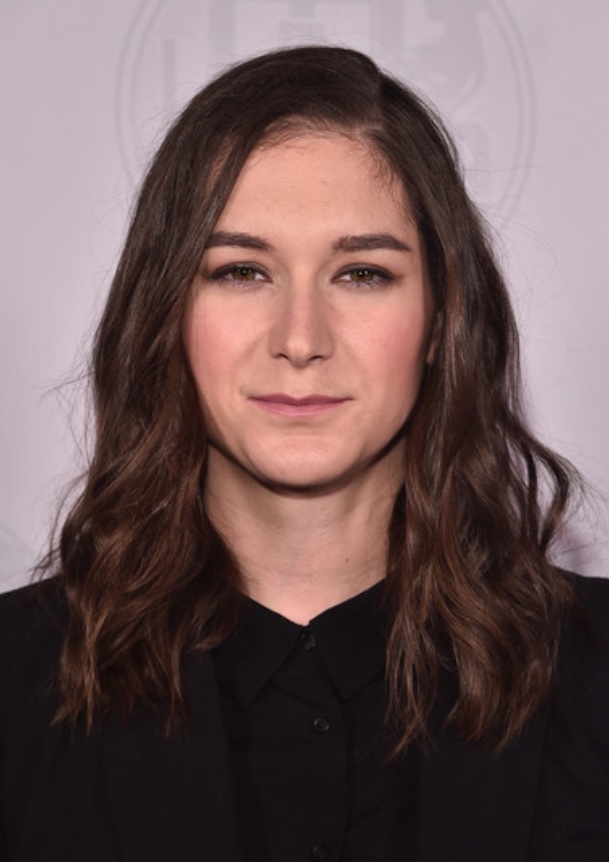Despite setting out to become a producer after graduating from Pratt, multihyphenate filmmaker Liz Hannah found professional success without being bound to a single role. After writing her breakout Golden Globe-nominated screenplay for The Post, Hannah took on the roles of executive producer, director, and showrunner for two Hulu limited series, The Girl from Plainville and The Dropout, and launched her own production company, Happy Friday Productions. Upon the 2023 premiere of her Kate Winslet-led WWII-era Lee Miller biopic, Lee, and with an adaptation of Alexandra Andrews’s novel Who Is Maud Dixon? forthcoming, Hannah offers insight into her journey and guidance for anyone looking to chart their own path as a creative visionary in film.
How has mentorship affected your career as a filmmaker?
I wouldn’t be the writer, director, or producer I am today without the mentors I’ve been fortunate enough to find. Both with their individual experiences and perspectives, they’ve allowed me a safe space to learn and to have constructive, honest conversations. At the same time, being a mentor is invaluable to me. It’s my responsibility to pay it forward.
Kim Sloane [Associate Professor of Foundation] was my foundation drawing teacher my freshman year at Pratt and I still think about the critiques in that class. Kim’s class made me articulate why I liked or didn’t like something, and make it constructive. He helped me develop my own taste as well as a vocabulary to describe it. I also feel influenced by many of the people I’ve worked with, either in the way they’ve led their careers or how they balance the personal and professional. Sometimes it’s not just about the work. Sometimes it’s about how someone lives their life around it.
“I’m always thinking about my past experiences and education and trying to use that knowledge: every no is just a hurdle to a yes.”
Liz Hannah, BFA Film ’07
What advice do you have for up-and-coming writers or creatives in the film industry? What’s one thing you wish you knew when you were a student?
If you write, you’re a writer. Don’t put labels on yourself or make excuses for lack of experience—be honest about it! It’s not a negative—it’s a learning process. I’m still learning. I wish I’d told myself that when I was younger. That sometimes the answer is to not know the answer and to figure it out together.
Listen more. That one still gets me sometimes.
Watch everything and read everything. Don’t watch and read only good things or masterpieces. Watch the bad stuff, learn to formulate an opinion about why it’s not for you so you can start developing what is for you.
You had originally set out to work as a producer, only later becoming a writer and director. What has your career path revealed to you?
My education and experience as a producer has definitely helped me in my career as a writer and director. Being a producer, collaboration feels very natural to me, so it’s hard for me to ever turn off that part of my brain. When I’m writing, particularly features, it can be so isolating. I much prefer the part when the draft is done and we can figure out how to make it.
I’m always thinking about my past experiences and education and trying to use that knowledge: every no is just a hurdle to a yes.
Problem solve. Find great partners. Don’t give up. Don’t let failures define you—use them as a tool for the next project. Sometimes your greatest education is from experience and mistakes—I try to make myself remember that.
